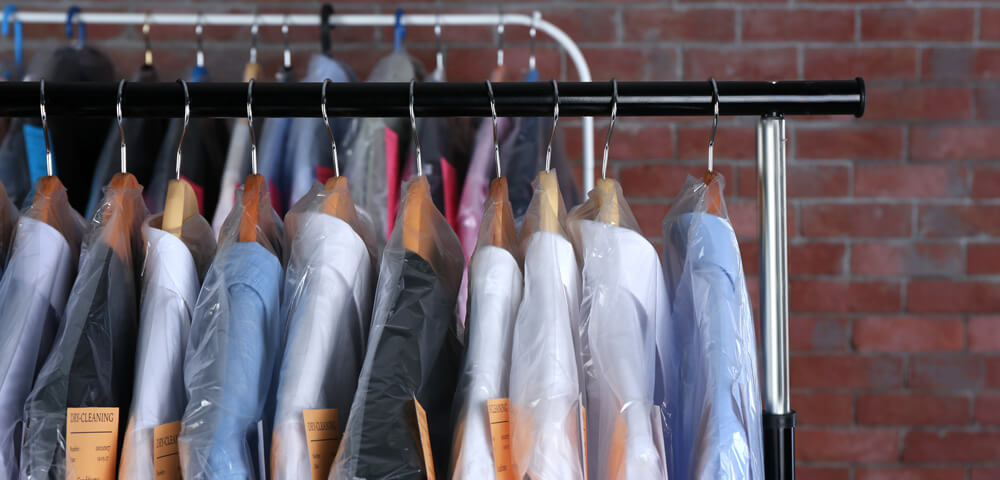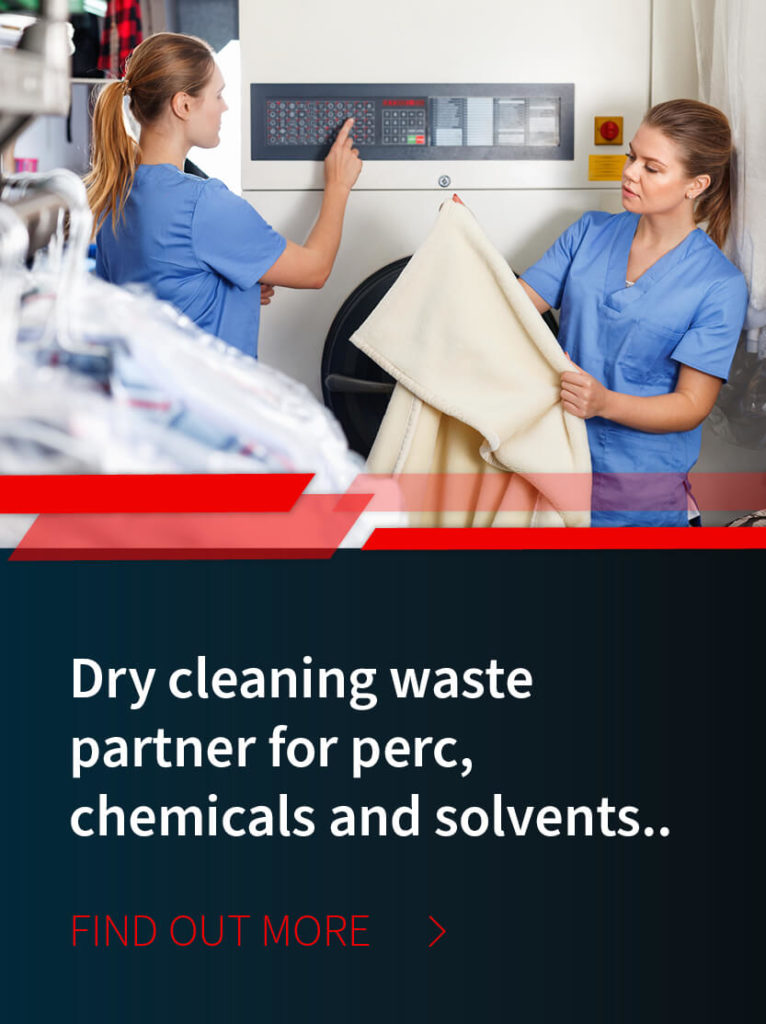
When it comes to waste disposal in dry cleaning, it's a very unique and specialized industry. It's not like working with regular manufacturing waste, which means you want to make sure the waste management company you work with has specific expertise in that line of work and that hazardous material. Because it is so different from industrial waste management, the following are some important questions to ask before settling on a dry cleaner hazardous waste disposal company to service the waste you generate during dry cleaning.
Make Sure Your Hazardous Waste Dry Cleaning Disposal Company Has Experience Working With Dry Cleaners
Have You Done This Before?
The most important aspect of servicing the dry cleaning industry is experience. Dry cleaning is a complicated and technical business, so if your dry cleaning waste provider hasn't put in the necessary years to fully understand the industry or implement the infrastructure to deal with that particular waste, you're probably not going to receive the best service.
Experience also means having changed along with the dry cleaning industry. Even though people don't dry clean as much as they used to (due to casual Fridays, more washable fabrics, etc.), dry cleaners are still legally required to ship the waste material offsite within a certain time frame. By working with experienced companies who've seen the industry evolve, you get the benefit of that kind of industry-specific knowledge.
Do You Have the Necessary Equipment?
By the very nature of the containers used for the waste generated during dry cleaning, there are some special equipment requirements the waste management company must adhere to. For example, that company must have lift gates on their trucks. Many dry cleaners don't have docks, ports, or forklifts to aid in getting the drums onto trucks, so lift gates are often necessary.
Are Your Drivers Experienced in the Dry Cleaning Waste Industry?
The driver needs a lot of specific expertise in dry cleaning waste disposal to be efficient and safe in the work. For example, that driver has to know how to navigate narrow hallways without spilling these large drums of dry cleaner waste. The driver also has to know how to properly and safely seal these containers as well as label them for legal transport.
Again, this dry cleaner-specific experience is necessary because dry cleaning is different than other industrial waste pickups. In those cases, the waste is often loaded at a dock, the drums have already been identified and labeled, and all the driver needs to do is fill out the paperwork and leave.
In this industry, the driver has to know how and where to park in that neighborhood, go into the back of the store, pull the drum off the back of the dry cleaning machine, exchange and seal the lids, label everything according to federal regulations, fill out the paperwork, and get an authorization signature from the store owner.
The more years the driver has experience completing this kind of work, the less likely there are going to be any problems run up against during the pickup.
Why Should I Go with a Smaller Waste Provider Over a Large Corporation?
Large companies often think they can handle dry cleaning work because they're in the waste management industry. However, after a few pickups, they leave this niche market due to the difficult physical labor involved in navigating a fifty-gallon drum (upwards of 600 pounds) onto a dolly, around the business, and even potentially down stairs.
While many large corporations leave because they have other income streams, smaller companies stick it out and develop the experience and expertise.
Do Waste Management Companies Need Certification?
Absolutely. The dry cleaning waste disposal industry is highly regulated. Properly disposing of dry cleaning waste means the drivers must be appropriately trained and certified every year, and the trucks have to be insured to the highest level.
As a waste generator, the burden is on you to determine if the company you're working with is certified to handle and transport your dry cleaning hazardous waste, so ask lots of questions before you agree to work with any company.
For more information about selecting the best dry cleaning hazardous waste provider, please contact a representative of MCF Environmental Services, a dry cleaner hazardous waste management company with over twenty-five years servicing the dry cleaning industry.








